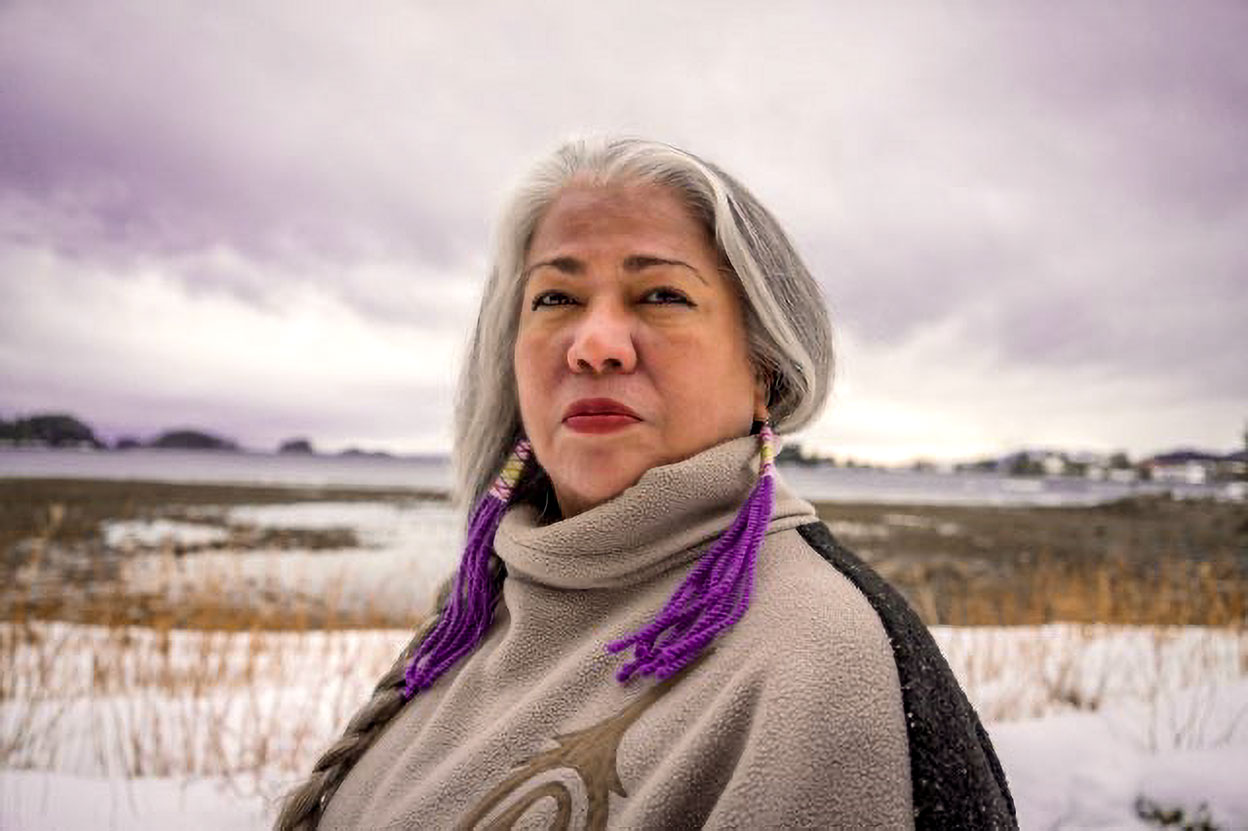Podcast: Mobile Crisis Team and the future of mental health response
by Matt Jardin |
Dial 911 and the responding dispatcher might send one of three options: a police officer, a firefighter or an EMT. But what if no crime has been committed or no laws broken? What if there’s no actual burning building, just the feeling that everything is on fire? What if the medical emergency isn’t of the body but the mind?
Enter a fourth option: Anchorage’s Mobile Crisis Team. Launched in summer 2021 and housed within the Anchorage Fire Department, the Mobile Crisis Team responds specifically to mental health emergency calls, such as suicidal ideations, schizophrenic or bipolar episodes, and even feelings of grief or loss.
Funded by $1.5 million from a 2020 alcohol tax in Anchorage, the Mobile Crisis Team includes two units operating 10 hours a day, seven days a week. Each unit comprises a licensed clinician and a paramedic. The earliest of these units consists of clinician Jennifer Pierce, a clinical psychology alumna, and paramedic Michael Riley, a fire service administration alumnus.
In this episode, Jennifer and Michael talk about their respective backgrounds as a police officer and firefighter, what sets the Mobile Crisis Team apart from other emergency first responders, and how they hope the program will continue to grow.
Seawolf Voices is available on Spotify, Apple Podcasts, YouTube, Google Podcasts, Audible and Amazon Music.
Access captions for this episode.

 "Podcast: Mobile Crisis Team and the future of mental health response" is licensed under a Creative Commons Attribution-NonCommercial 4.0 International License.
"Podcast: Mobile Crisis Team and the future of mental health response" is licensed under a Creative Commons Attribution-NonCommercial 4.0 International License.














